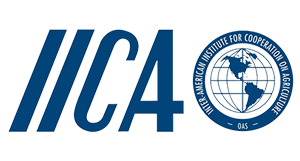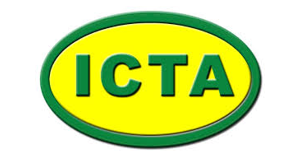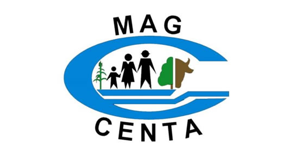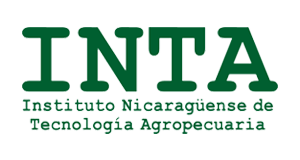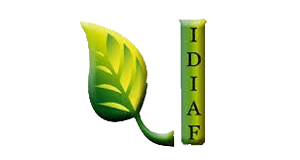Research on the adaptation of corn and beans to climate change
Adaptation of corn and beans to climate change in Central America and the Dominican Republic
Context of the story
Corn and beans constitute the basis of diet in Central America and part of the Caribbean. Climate change is presented as a threat to the food security of peoples, so it is necessary to identify varieties that present good performance under stress conditions.
Research
The implemented initiative
The project established five components: i) Identification and registration of maize and bean germplasm with characteristics of high productivity, adaptability to climate change; ii) Participatory evaluation in pilot communities in the countries; iii) Monitoring and analysis of climate information; iv) Identification of factors that guide research on corn and beans; v) Disclosure of information generated.
Genetic variability as a measure of adaptation to climate change.
The technological solution
Part of the project consisted of identifying and registering corn and bean germplasm with characteristics of high productivity, resistance, and adaptability to climate change. In this component, researchers from the regional maize and bean thematic networks identified and evaluated drought and high temperature tolerant bean and maize genotypes, which were multiplied and used to establish trials. In the case of beans, regional trials were established with an emphasis on drought and high temperatures, which were evaluated by each of the countries participating in the project. Additionally, the members of the Networks participated in visits to research centers in corn and beans to exchange knowledge in the field, in experimental stations and farms of small producers; all of them in order to know local processes and practices that can be considered as adaptation to climate change.
The objective of the regional strategy for research and adaptation of beans and corn within climate change scenarios is to provide a strategic framework that guides and promotes comprehensive actions.
Participating countries
Results
Twelve localities with vulnerability to climate change in terms of drought were characterized. 10 bean lines with potential water stress characteristics were identified. Molecularly characterized bean trials are available with tolerance to water stress. There are 453.5 kilos of bean seed from promising lines for dissemination in the region with drought tolerance characteristics, in the process of being released in some countries. By 2014, 408.15 kilos of promising synthetic maize seed were available for validation in farmers' fields. A regional research strategy on corn and beans was designed, articulated with IICA, INIAs, and the corn and bean networks; This process seeks to have a coordinated and efficient innovation and research model that fulfills an integrating function with other institutions linked to climate change.

 Back to the project
Back to the project Costa Rica
Costa Rica Dominican Republic
Dominican Republic El Salvador
El Salvador Guatemala
Guatemala Honduras
Honduras Nicaragua
Nicaragua Panama
Panama